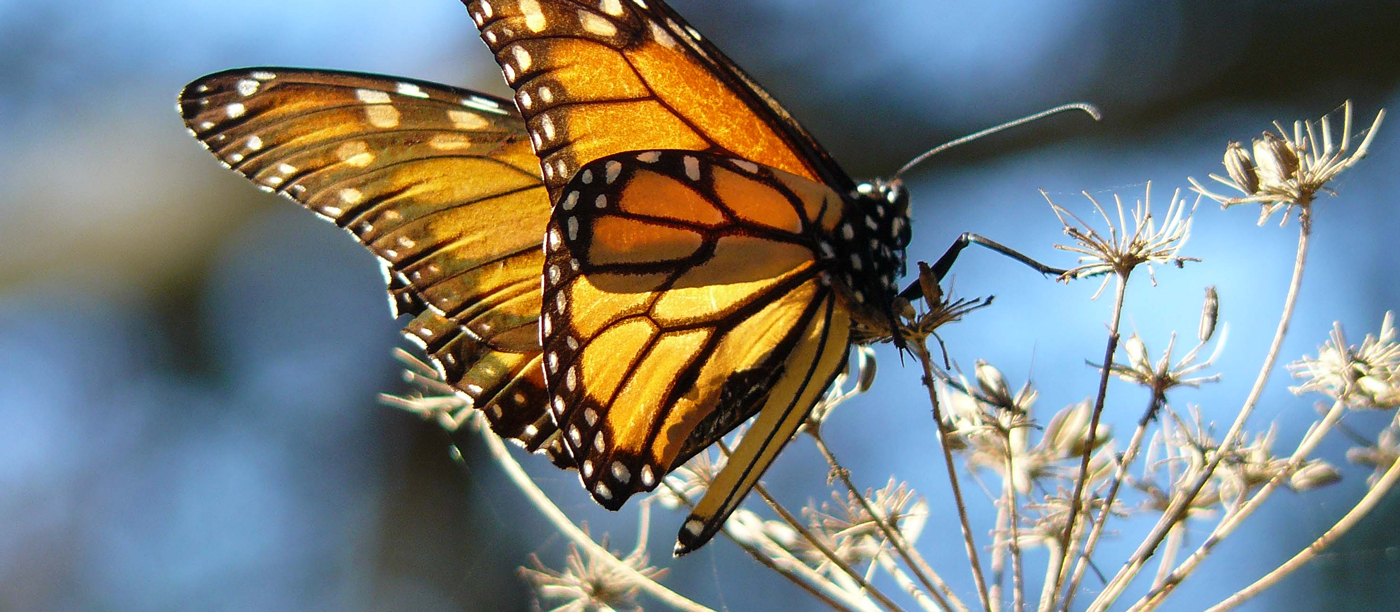Categories > Plant Care and Maintenance
Why are pollinators so important in your garden and how to get more of them?
Pollinators are incredibly important in a garden for several reasons.
Fruit and Vegetable Production
Many plants rely on pollinators to reproduce and produce fruits or vegetables. Bees, butterflies, and other pollinators transfer pollen from the male parts of a flower to the female parts, which leads to fertilization and fruit development.
Biodiversity
Pollinators contribute to the diversity of plants in your garden. Without them, some plants may not be able to reproduce, leading to a decline in plant species diversity.
Ecosystem Health
Healthy populations of pollinators are indicative of a healthy ecosystem. They are essential for the reproduction of wild plants, which, in turn, support other wildlife.
Aesthetic Value
Many flowering plants are grown for their beauty. Pollinators help maintain these blooms and keep your garden looking vibrant.
To attract and support more pollinators in your garden, consider the following:
Plant a Variety of Flowers
Choose a diverse range of flowering plants that bloom at different times throughout the year. This provides a constant source of food for pollinators.
Native Plants
Native plants are often best suited to local pollinators. They've co-evolved and adapted to each other, making them an excellent choice.
Avoid Pesticides
Pesticides can harm pollinators. Opt for natural pest control methods or use pesticides as a last resort, and apply them in the evening when pollinators are less active.
Provide Water
Pollinators need water too. Set up a shallow dish with water and rocks for them to drink safely.
Create Habitat
Add nesting sites for solitary bees and provide shelter for butterflies and other insects. For example, leave some patches of your garden untamed with dead wood, leaves, and other natural debris.
Avoid Invasive Species
Invasive plants can disrupt the local ecosystem and harm native pollinators. Remove invasive species from your garden.
Herb Gardens
Many herbs, like basil, mint, and thyme, are not only attractive to pollinators but can also be harvested for culinary use.
Avoid Double Flowers
Double-flowered plants often have too many petals, making it difficult for pollinators to access the nectar and pollen. Single-flowered varieties are typically more pollinator-friendly.
Plant in Clumps
Planting flowers in clusters or clumps makes it easier for pollinators to locate and visit them.
Educate Yourself
Learn about the specific pollinators in your area and their needs. This can help you tailor your garden to their requirements.
By creating a pollinator-friendly garden, you can enjoy the benefits of increased biodiversity, improved fruit and vegetable yields, and a more vibrant and beautiful outdoor space. Plus, you'll be contributing to the conservation of these essential species.
Newsletter
